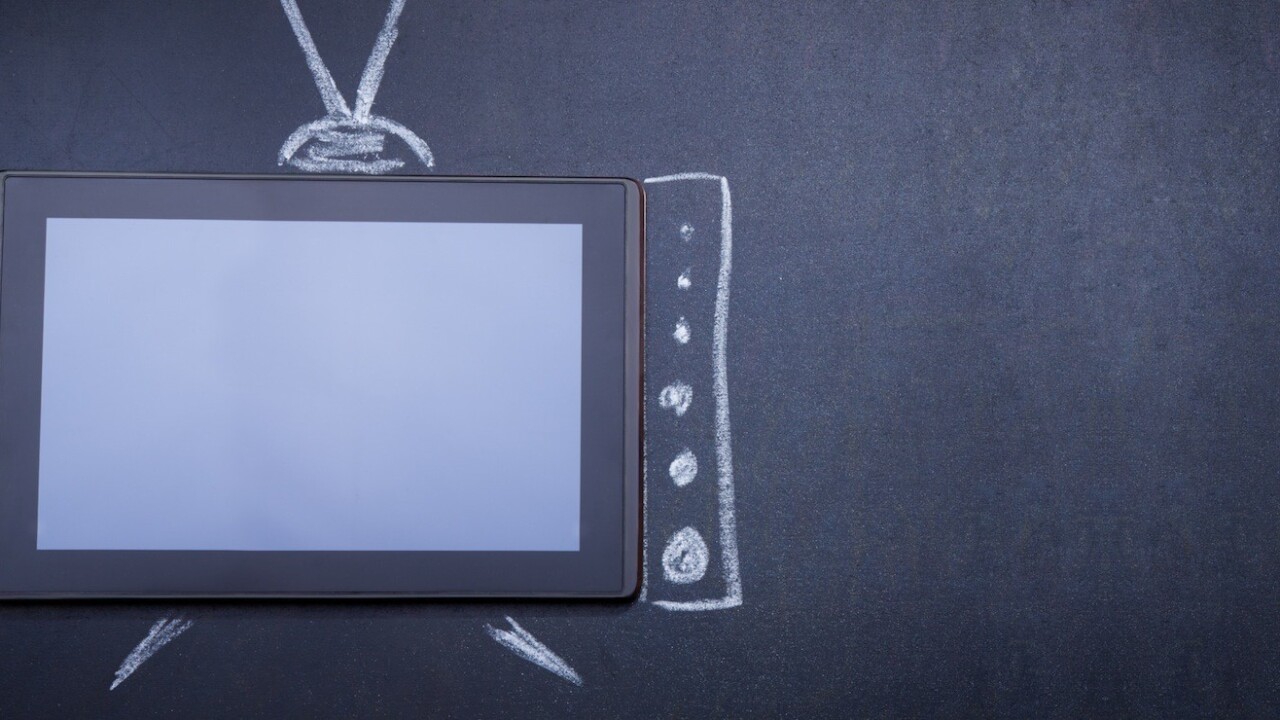
Social media may be on the rise as millions of users flock to Facebook and Twitter, but in the US and UK, active use of social services to discuss a show while watching TV is on the decline, falling to 23% and 24%, respectively, in 2012, according to a new report from Motorola Mobility.
The figures come from Motorola’s Home division, which released its fourth Media Engagement Barometer on Tuesday, tracking 9,500 consumers across 17 markets.
The US and UK posted lower numbers for simultaneous social engagement while watching TV than the global average of 43%. The two countries have seen a sizable drop in engagement over the past couple years. In 2010, 39% of viewers from the UK and 32% from the US said they interacted simultaneously on social media while watching.
The news isn’t all bad for social media, though, as the kids still seem into it. 60% of 16-24-year-olds said they used a companion device to keep track of social conversations while watching. Turkey and the UAE also recorded gains; Turkey rose from 44% to 55% from 2010 to 2012, while the UAE went from 60% to 64% during the same period.
Overall, respondents did say that they’d be more likely to recommend programming on social media (38%) than by word of mouth (34%). Viewers also showed a willingness to engage on social networks, as 78% said they would be open to linking a social profile to a TV service to share their watching habits and ramp up discussion.
TV watching is increasingly becoming a multi-device experience. Smartphones and tablets were the preferred devices for watching TV in the bedroom, as compared to broadcast television. Tablet users also proved to be “super users”, according to the report, watching 6.7 hours of movies a week, 1.2 more than the average of 5.5 for non-tablet owners.
Assuming that the report is accurate, it should light a fire under the many second-screen services that are looking to get users on mobile devices while they veg out. It’s easy to lose track of all the second-screen platforms, though each of them is working to differentiate itself with new partnerships and promotions.
I’ll be the first to admit that my own Facebook and Twitter timelines aren’t the most representatives, but they do seem to show an interest on users’ parts to comment and sound off on TV shows (though a fair amount of them are just chiming in without watching). Still, the ever-present addictiveness of social media is here to stay for most of us, and I expect it to continue to bleed over into our TV watching too.
Image credit: iStockphoto
Get the TNW newsletter
Get the most important tech news in your inbox each week.





